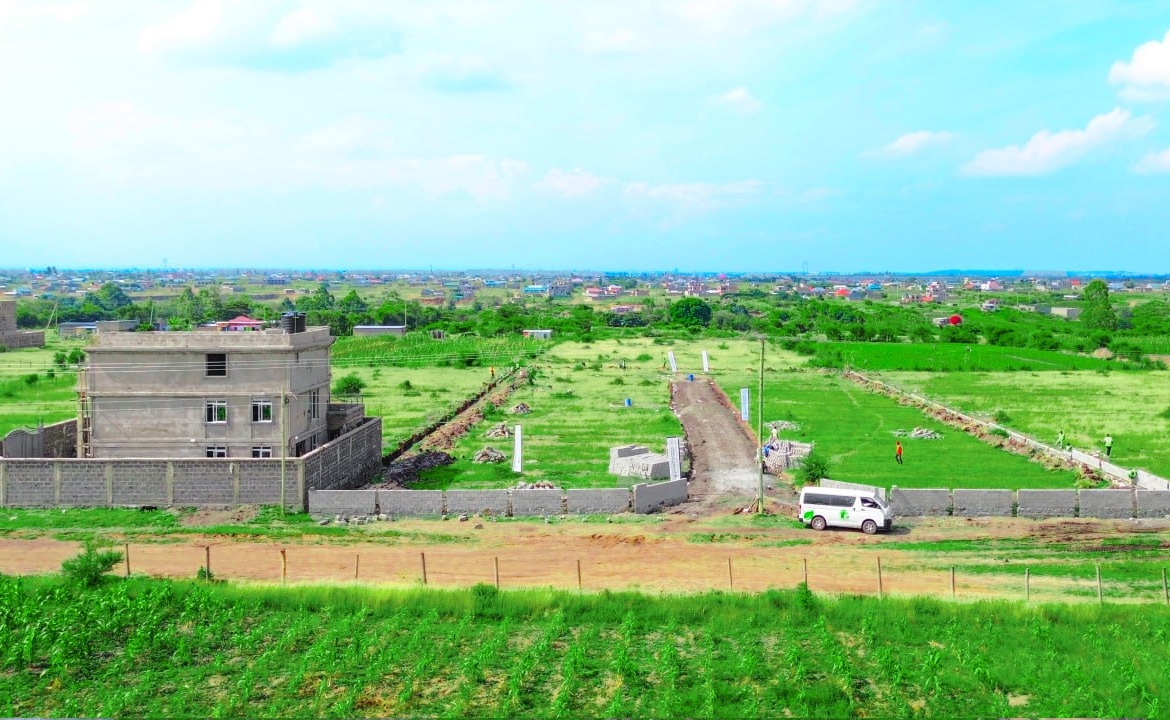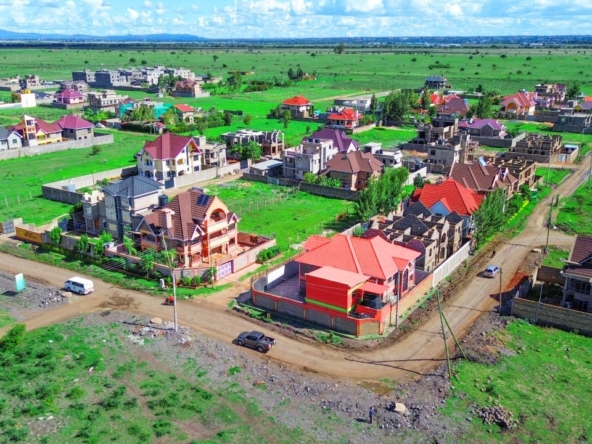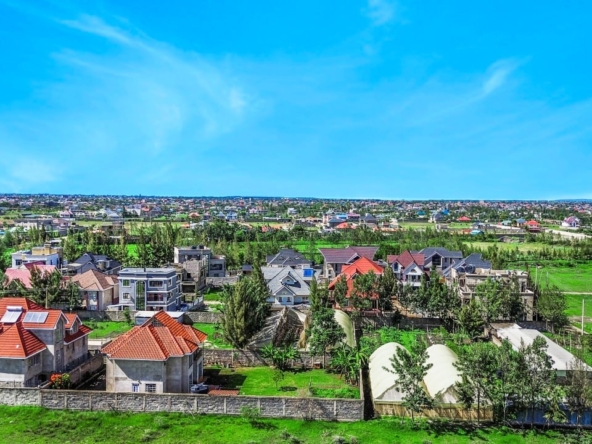Purchasing land in Kenya can be a lucrative investment or the foundation for your dream home. However, the process involves several critical steps and considerations to ensure a smooth and secure transaction. This guide provides essential advice for anyone looking to buy land in Kenya.
1. Understand the Different Types of Land Ownership
Before making any land purchase, it’s crucial to understand the different types of land ownership in Kenya:
- Freehold: This is the most secure form of ownership, granting the owner absolute rights over the land indefinitely.
- Leasehold: This grants ownership for a specific period, usually 99 years, after which the lease can be renewed. Leasehold land often requires annual rent payments to the government or the lease grantor.
- Public Land: Owned by the government and held in trust for the public. It includes forests, national parks, and game reserves.
- Community Land: Owned by local communities and managed according to community regulations.
2. Conduct Thorough Due Diligence
Due diligence is essential to avoid future legal and financial issues. Key steps include:
- Title Search: Verify the ownership and status of the land by conducting a title search at the Ministry of Lands. This ensures the seller has legitimate ownership and the land is free from encumbrances.
- Verify Land Use and Zoning: Check the land’s designated use (residential, commercial, agricultural, etc.) and ensure it aligns with your intended purpose.
- Survey the Land: Engage a licensed surveyor to confirm the land’s boundaries and size as per the title deed.
3. Engage Professionals
Professional assistance can provide invaluable guidance and security during the land purchase process:
- Real Estate Agents: Experienced agents can help identify suitable land options and facilitate negotiations.
- Lawyers: A qualified lawyer ensures all legal requirements are met, drafts and reviews the sale agreement, and helps with due diligence.
- Surveyors: They verify the land’s boundaries, conduct valuations, and ensure the land is free from disputes.
4. Understand the Legal Process
The legal process for land purchase in Kenya involves several steps:
- Letter of Offer: Once you identify a suitable piece of land, the seller issues a letter of offer outlining the terms and conditions of the sale.
- Sale Agreement: Your lawyer drafts a sale agreement after conducting due diligence. Both parties sign it once terms are agreed upon.
- Payment of Deposit: Typically, a 10% deposit is paid upon signing the sale agreement.
- Land Control Board (LCB) Approval: For agricultural land, seek consent from the LCB to transfer ownership. This step is crucial for legal compliance.
- Payment of Stamp Duty: Stamp duty, usually 4% of the property value in urban areas and 2% in rural areas, is paid to the Kenya Revenue Authority (KRA).
- Transfer of Ownership: The land is officially transferred to your name at the lands registry upon completing all payments and obtaining necessary approvals.
5. Budget for Additional Costs
In addition to the purchase price, budget for extra costs such as:
- Legal Fees: Typically range from 1% to 2% of the land value.
- Survey Fees: If a surveyor is needed to verify boundaries or conduct a valuation.
- Stamp Duty: As mentioned, 4% in urban areas and 2% in rural areas.
- Agent Fees: If you used a real estate agent, their commission, usually around 1% to 3% of the land value.
6. Verify Land Rates and Rent Clearance
Ensure all land rates and rents are paid up to date. Unpaid dues can lead to complications or penalties after the transfer. Obtain clearance certificates from the local county offices.
7. Protect Yourself from Fraud
Land fraud is a significant risk in Kenya. Protect yourself by:
- Dealing with Reputable Sellers: Only deal with well-known, reputable sellers or real estate firms.
- Double-Checking Documents: Verify all documents independently. Look out for forged titles or fraudulent claims.
- Avoiding Rush Transactions: Take your time to conduct thorough checks. Be wary of sellers pushing for quick transactions.
8. Consider Future Developments
Before purchasing, consider potential future developments in the area:
- Infrastructure Projects: Upcoming roads, schools, hospitals, and other infrastructure can increase the value of your land.
- Environmental Factors: Ensure the land is not in a flood-prone area or near any planned industrial projects that could affect its value or livability.
Conclusion
Buying land in Kenya is a significant investment that requires careful planning, due diligence, and professional assistance. By understanding the types of land ownership, conducting thorough due diligence, engaging professionals, and following the legal process, you can secure a successful and rewarding land purchase. Stay vigilant against fraud, budget for all associated costs, and consider future developments to make an informed decision. яндекс
With these steps, you can confidently navigate the complexities of land ownership in Kenya and make a sound investment for your future.


